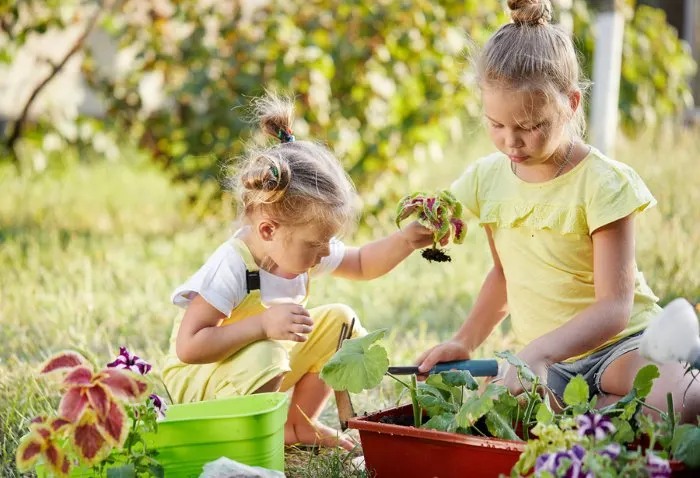The development of imagination in children around the age of two is an exciting and important milestone in their cognitive and emotional growth. At this stage, children's imaginations begin to flourish as they explore the world around them and engage in pretend play. Here are some key aspects of imagination development in two-year-olds:
1. Symbolic Play: Two-year-olds start engaging in symbolic or pretend play, which involves using one object to represent another. For example, they might use a block as a phone or a spoon as a drumstick. This kind of play demonstrates their ability to use their imagination to create alternative meanings and scenarios.
2. Role-Playing: Children at this age enjoy imitating everyday activities they observe, such as pretending to cook, take care of a baby doll, or drive a toy car. They may imitate the actions and behaviors of adults or characters they've seen in their environment, books, or media.
3. Storytelling and Make-Believe: Two-year-olds may start creating simple narratives or stories during play. They might invent scenarios where their toys or stuffed animals engage in adventures or interactions. While their stories might be brief and simple, they are developing the foundations of storytelling and narrative comprehension.
4. Object Substitution: Children at this age often show a willingness to use objects in unconventional ways. They may use a block as a hat or a blanket as a cape, demonstrating their ability to mentally transform objects and assign new meanings to them.
5. Empathy and Emotional Expression: As their imagination grows, two-year-olds may also begin to express and understand emotions through their pretend play. They might assign emotions to their toys or act out different emotional states themselves, providing an opportunity to explore and develop empathy.
6. Social Interaction: Imaginative play also fosters social interaction and cooperation. Two-year-olds may engage in parallel play, where they play alongside but not directly with other children. Through shared imagination, they can start to negotiate roles, share ideas, and interact in more collaborative ways.
It's important to note that every child develops at their own pace, and individual differences exist in the development of imagination. Providing opportunities for imaginative play, exposing them to different experiences, and offering open-ended toys and materials can help nurture and stimulate their imagination. Encouraging and joining in their pretend play can also enhance their creativity and cognitive skills while strengthening the parent-child bond.
Yours, Shane Smith


Comments